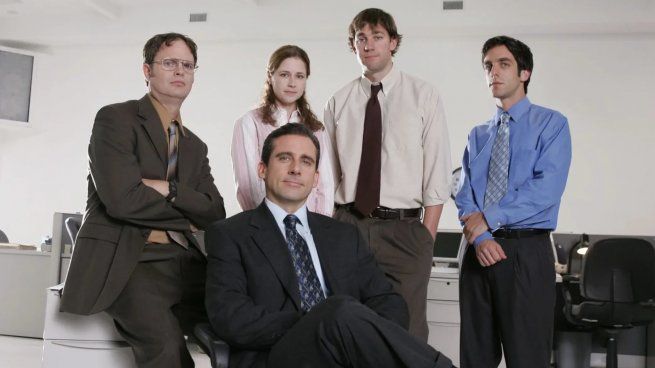You were not present at the refugee summit: the municipalities are particularly critical of an agreement reached at the federal-state meeting. The results are not enough for the opposition either.
The results of the federal and state refugee summit do not go far enough for either the municipalities or the opposition in the Bundestag.
The municipalities are particularly bothered by the fact that there was no long-term regulation of financing issues. “An agreement in November is clearly too late for 2024 and is met with great disappointment by the municipalities,” said the general manager of the German Association of Towns and Municipalities, Gerd Landsberg, of the “Rheinische Post”.
Opposition leader Friedrich Merz described the results as “disappointing”. The leader of the Union faction told the newspapers of the Funke media group: “Chancellor Scholz is playing for time and wants to sit out the problems until November.” This makes the situation for helpers, district administrators and refugees more and more difficult.
One billion euros as an additional investment
At the meeting on Wednesday evening, the federal government pledged one billion euros as an additional contribution to the costs of refugee care for this year. However, a decision on the future distribution of costs will not be made until November. The federal government had previously pledged 1.5 billion euros for refugees from Ukraine and 1.25 billion euros for other refugees for 2023.
According to Federal Chancellor Olaf Scholz (SPD), the federal and state governments have also agreed, among other things, to extend the maximum duration of deportation from 10 to 28 days in order to enforce deportations more consistently. In addition, readmission agreements are to be concluded with other countries of origin.
Merz warns of “migration crisis”
CDU leader Merz nevertheless warned: “Without effective border protection, pressure on the countries of origin and a real repatriation offensive, Germany would slide into a new migration crisis.” He called for so-called irregular migration to be noticeably limited.
Bavaria’s Prime Minister Markus Söder also described the federal-state decision as a “great disappointment” and demanded more money from the federal government. “Just one billion euros for the whole of Germany is just a drop in the ocean. That’s a thin and meager result and far too little for the municipalities – the traffic light urgently needs to be increased,” said the CSU chairman.
The federal government’s reference to its budget situation cannot be the last word. “Accommodation and humanity should not be decided based on the cash situation,” said Söder. Bavaria, Saxony and Saxony-Anhalt had also recorded reservations about the decision in a protocol statement.
Linke: Ampel plays into the hands of conservatives and right-wingers
The AfD parliamentary group leaders Alice Weidel and Tino Chrupalla said: “More money for more refugees will not solve the refugee crisis, it will prolong it.” Left leader Martin Schirdewan, on the other hand, accused the federal government of fighting refugees instead of the causes of flight. “Instead of creating social security, the traffic light is playing into the hands of conservatives and right-wingers,” he criticized.
Federal Interior Minister Nancy Faeser (SPD) defended the planned measures. “We protect people who have fled war and terror. To be able to continue to do this, we limit irregular migration,” she explained. “We are concerned with lasting relief for the municipalities that are particularly under pressure. We are now ensuring faster, more efficient and, above all, digital processes.” She pointed out that the repatriation of rejected asylum seekers would also be strengthened.
The Greens chairman Omid Nouripour welcomed the additional money from the federal government, but quickly called for further steps. “Anyone who climbs from summit to summit cannot get their feet on the ground,” said Nouripour on ARD. The working group agreed by the federal and state governments for the future distribution of costs must therefore find solutions for the period after 2023 as quickly as possible.
Source: Stern
I have been working in the news industry for over 6 years, first as a reporter and now as an editor. I have covered politics extensively, and my work has appeared in major newspapers and online news outlets around the world. In addition to my writing, I also contribute regularly to 24 Hours World.




